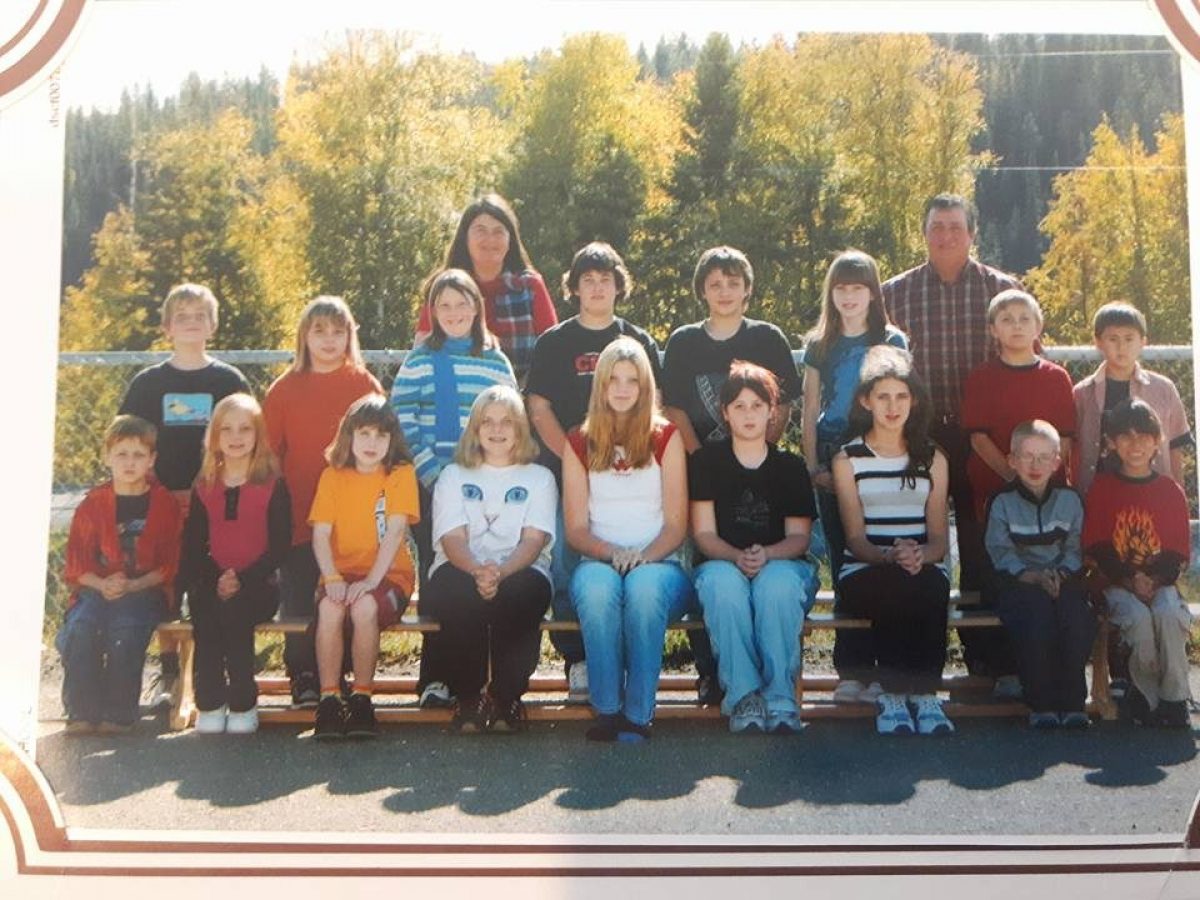Mariah Bouchard
Reading Analysis Week 9
November 5th 2019
What has been and continues to be required of students and teachers during times of national crisis and uncertainty?
Article 1: Myers, Tamara and Mary Anne Poutanen. “Cadets, Curfews, and Compulsory Schooling: Mobilizing Anglophone Children in WWII Montreal.” Histoire Sociale 38, no.76 (2005): 367-398.
At this time in Montreal there was an increase in children getting into trouble with the law. Clearly this was a concern for the entire community and so actions had to be taken. They enforced curfews, and compulsory schooling on the children of Montreal. They did this to ensure that the youth of Montreal would grow to be contributing members to society rather than delinquents. I think in cases it is important to take such measures. With this we see the importance that education plays in the roll of diminishing young crime. When education is being forced upon children it is societies way of teaching them how to be “better” suited adults in the future. I think this may be helpful and we can still see stuff like this today. It is important for the students to know that they can have an enormous impact on future societies. I also think teachers end up playing a major roll. Simply by encouraging and providing knowledge to children they can help set them up for a future that has way more potential than that of a child who may fail school and follow a bad path.
Article 2: Roy, Patricia E. “The Education of Japanese Children in the British Columbia Interior Housing Settlements during World War Two,” Historical Studies in Education, 4, 2 (1992): 211-231.
When a country or the world faces a national crisis, we can either see people band together or fend for themselves. I think it is important for students when facing crisis like the Japanese students had to face, it is important that they stayed connected. They fought for their right to be educated and to learn and to be treated fairly. I think this can also be applied to the teachers, though there were little teachers available to the students the ones that were there worked hard in staying united with their people and providing education to that generation in need.
Article 3: Gleason, Mona. “Disciplining Children, Disciplining Parents: The Nature and Meaning of Advice to Canadian Parents, 1945-1955,” in Sara Burke and Patrice Milewski (Eds.), Schooling in Transition: Readings in the Canadian History of Education, Toronto: University of Toronto Press, 2012: 357-375.
This article focused on the overwhelming access to violent comics children had in the past, and it focused on the impact those comics had on the children. This is still a very common debate we see today. With all the violence on T.V. and with video-games. Children are so open to seeing that violence now that we do worry of the impact it will have on them. I think what really can be applied here is the nature verses nurture debate. A child may in their pure natural makeup have natural violent tendency. And when we put that with the nurturing of a parent who allows them to be surrounded with violence we can see this have an impact on the child. The problem here is it is never one or the other that causes things its always both. I think this can be applied to the roll teachers have on children. Teachers especially in elementary grades very much have a roll on the nurturing aspect of a child. And so, it is important that they are helping to provide good care for the children they teach.
